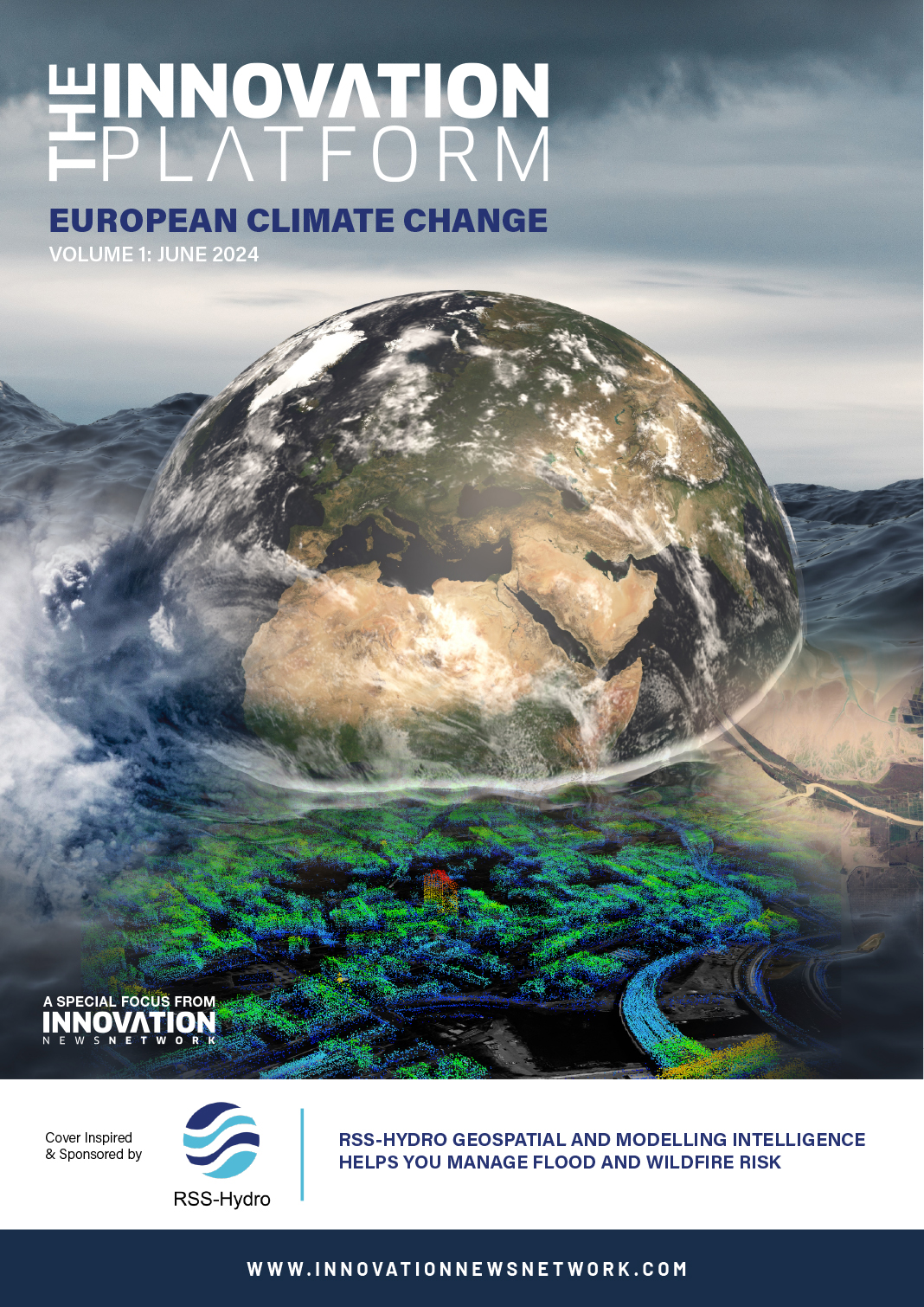Climate change is one of the most pressing issues of our time, affecting every aspect of life on Earth. Europe, with its diverse climates and ecosystems, faces unique challenges and opportunities in addressing this global crisis.
This eBook brings together insightful articles that explore various facets of climate change in Europe, each offering a distinct perspective on how we can better understand, prepare for, and mitigate the impacts of this phenomenon.
European Climate Risk Assessment (EUCRA)
This eBook kicks off by taking a look at the European Climate Risk Assessment (EUCRA) developed by the European Environment Agency (EEA). EUCRA provides a comprehensive overview of the worsening climate risks facing Europe, detailing the escalating threats from extreme weather events such as heatwaves, droughts, wildfires, and flooding.
The report highlights the urgent need for robust climate adaptation policies to protect living conditions across the continent. With 36 major climate risks identified across ecosystems, food, health, infrastructure, and the economy, the EUCRA stresses that over half of these risks demand immediate action.
This article underscores the importance of conserving ecosystems, protecting populations from heat and flooding, safeguarding infrastructure, and maintaining financial mechanisms. Particularly urgent are the health risks posed by extreme heat, affecting vulnerable groups such as outdoor workers, the elderly, and those in poorly built homes. The EUCRA report calls for a significant shift in policies and resilience measures to address these critical areas effectively.
Harnessing AI and Earth Observation
Later in the eBook, RSS-Hydro focuses on the innovative use of Artificial Intelligence (AI), Machine Learning (ML), and Earth Observation (EO) data to enhance climate preparedness and resilience. RSS-Hydro, a pioneer in this field, discusses how these advanced technologies can be leveraged to mitigate the impacts of increasing climate risks. By collecting vast amounts of data from various observing systems and using sophisticated algorithms, AI and ML can help us understand and predict changes in the Earth’s systems more accurately.
This approach allows for more effective preparation and response to disasters such as floods, landslides, wildfires, and hurricanes. By identifying patterns and trends, AI and ML can provide actionable insights, enabling governments, public entities, businesses, NGOs, and individuals to make informed decisions and implement sustainable solutions.
European State of the Climate (ESOTC) Report
This eBook’s final article presents the findings of the 2023 European State of the Climate (ESOTC) report, produced by the Copernicus Climate Change Service (C3S) in collaboration with the World Meteorological Organization (WMO). This report highlights significant climate impacts and trends across Europe, revealing that 2023 was one of the warmest years on record for the continent.
We hear from Carlo Buontempo, Director of C3S, who outlines how ESOTC was developed, insights from the report, climate mitigation and adaptation strategies, Europe’s climate trajectory, and much more.
As Europe grapples with the multifaceted challenges of climate change, it is clear that a coordinated, multi-disciplinary approach is essential. This eBook aims to contribute to this effort by providing a platform for the latest research, innovative solutions, and expert insights. By understanding the risks, harnessing advanced technologies, and fostering collaboration, we can build a more resilient and sustainable future for Europe and beyond.


